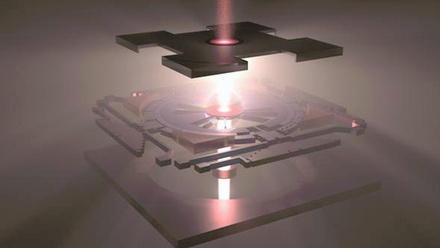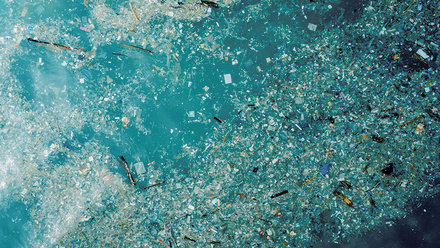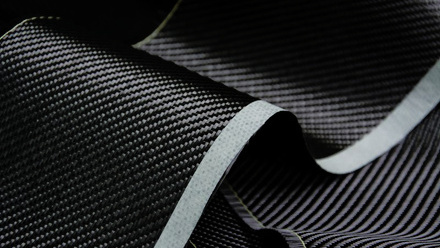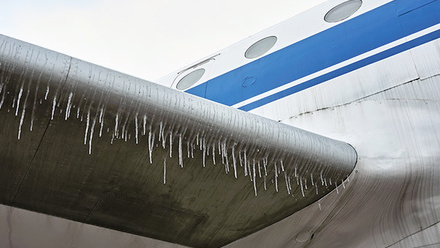Newborn sepsis biosensor created by University
‘Neosens’ has been designed by Swiss researchers allowing diagnosis of sepsis in minutes.
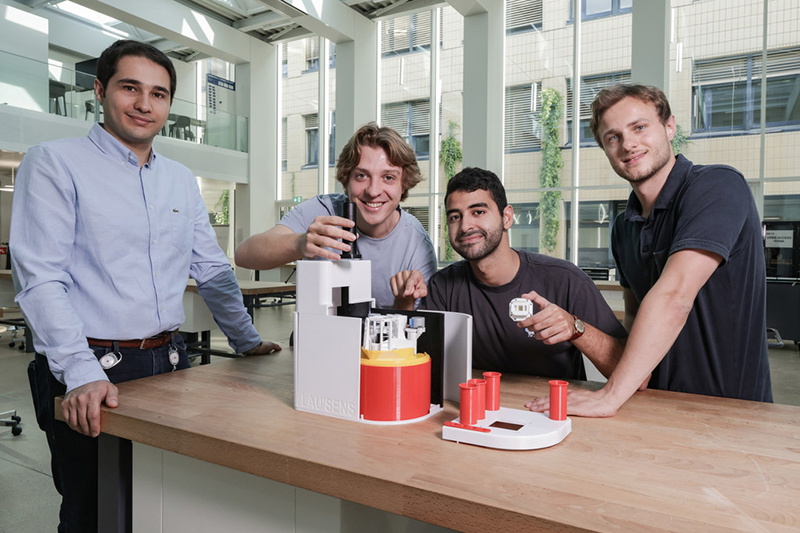
The project was born out of the international ‘SensUs’ competition, where a target molecule is chosen and students must create biosensors to confirm its presence.
The target molecule for the 2022 was Interleukin 6 (IL-6) - the main marker for sepsis.
Groups were given six months to develop a method of detecting IL-6 from a drop of blood, with the EPFL team winning the competition.
Of the 12 EPFL researchers who took part, three of the team members have taken Neosens forward to prototype – Karim Zahra, a microengineering student at EPFL School of Engineering, Marco Fumagalli, a life-science engineering student at EPFL, and Mateo Hamel now a Master’s student at ETH Zurich.
With the support of Professor Hatice Altug and PhD student Abtin Saateh, the prototype won awards at the Start Lausanne and the 2023 Blaze awards.
The focus is now on isolating the types of bacteria that trigger a positive result, with Zahra saying ‘We know our system can spot interleukin 6 but we want to determine the full spectrum of potential applications’. A further prototype is expected this year.
In 2017, 2.9 million children under the age of five died of sepsis, mainly in low- and middle-income countries, reports the World Health Organization.


